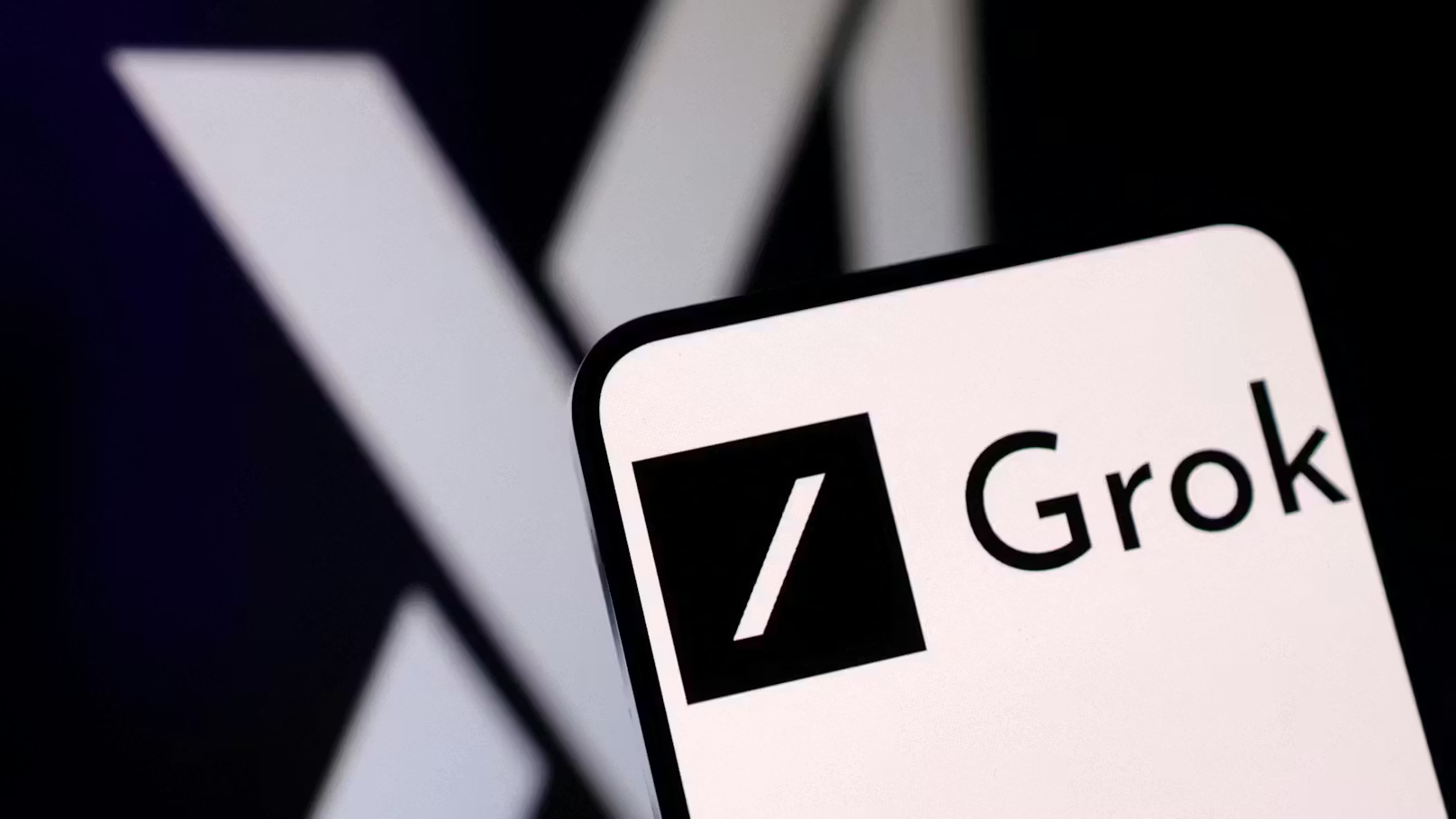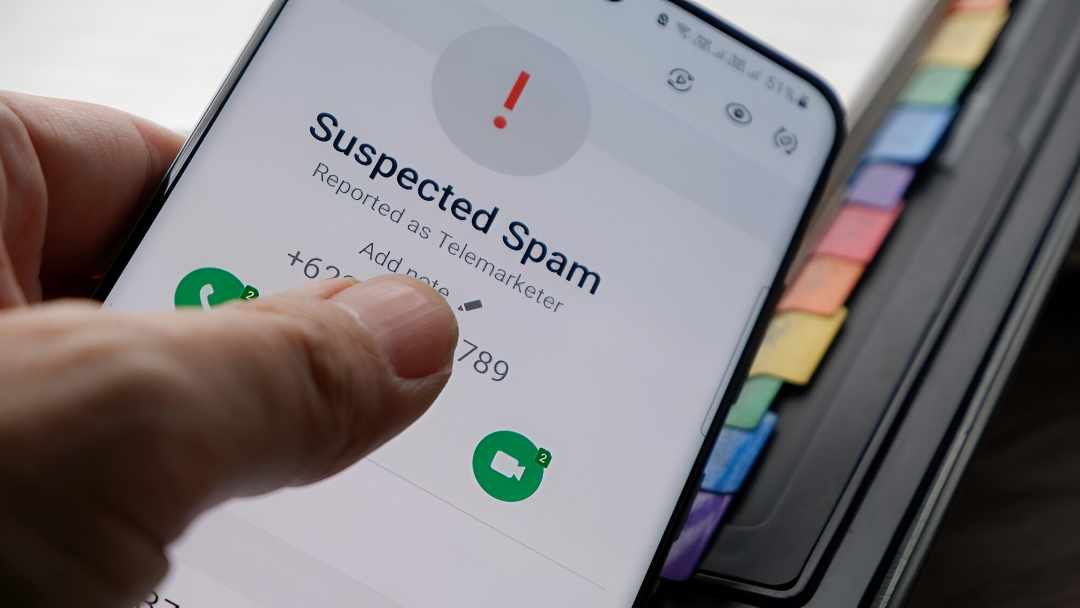Parents juggling medication side effects and behavioral therapy appointments now have an unexpected ally: a video game their doctor can prescribe. EndeavorRx became the first FDA-approved prescription video game in June 2020, targeting attention deficits in children with ADHD. This isn’t some wellness app promising miraculous results—it requires actual physician oversight and clinical monitoring.
Beyond Screen Time: When Gaming Becomes Medicine
The regulatory breakthrough matters more than flashy marketing claims. EndeavorRx earned FDA clearance through the De Novo pathway, creating an entirely new category of digital therapeutics. Children aren’t just playing games—they’re engaging adaptive algorithms that adjust difficulty in real-time, targeting neural circuits involved in attention control.
Players guide characters through obstacle courses while collecting targets and ignoring distractions, essentially training sustained focus through gameplay. Treatment protocols mirror traditional medical approaches: 25-minute sessions, five days weekly, for at least four weeks.
The technology traces back to UCSF neuroscientist Dr. Adam Gazzaley’s research with “Neuroracer,” proving that adaptive video game training can enhance cognitive control networks. It’s like physical therapy, but for attention circuits.
The Clinical Evidence Behind the Controllers
Clinical trials demonstrated significant improvements in objective attention measures, with 68% of parents reporting meaningful daily functioning improvements after two months. That’s not a placebo effect—these are measurable cognitive gains tracked through standardized testing.
Here’s the crucial caveat: EndeavorRx isn’t approved for anxiety treatment. While ADHD and anxiety frequently occur together, and better attention control might indirectly help emotional regulation, no clinical data prove anxiety reduction. Parents seeking anxiety-specific interventions should manage expectations accordingly.
Side effects stayed minimal—occasional frustration or headaches, typical of any challenging cognitive task. The prescription requirement ensures proper screening and monitoring, distinguishing legitimate digital therapeutics from consumer brain-training apps that make unsubstantiated claims.
This represents medicine catching up with technology’s potential. Your pediatrician prescribing video games might sound surreal, but it signals a broader shift toward evidence-based digital interventions. For parents exhausted by traditional treatment limitations, EndeavorRx offers a scientifically validated alternative worth discussing with healthcare providers.




























